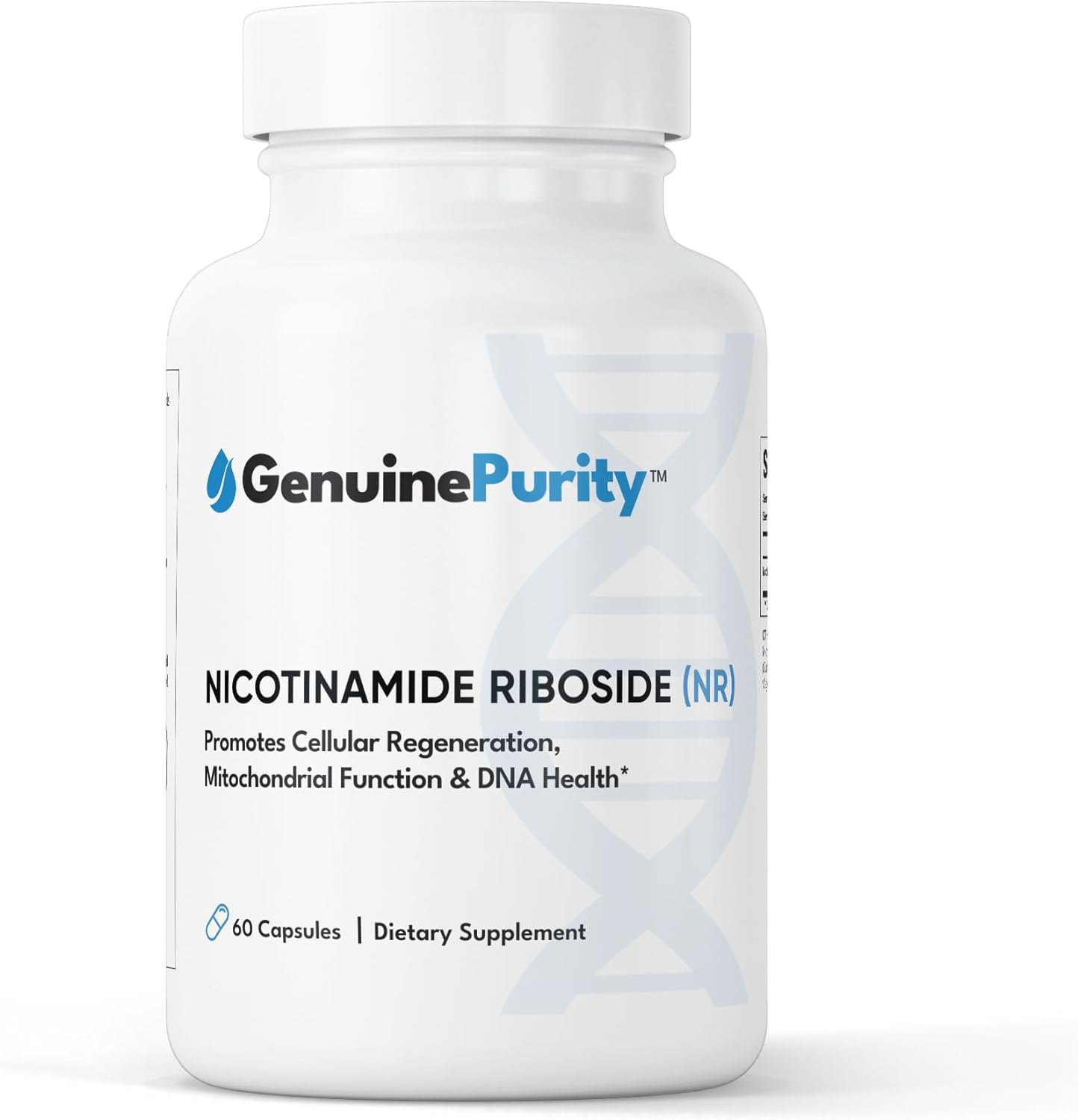NMN Supplement (Nicotinamide Mononucleotide) is a dietary supplement that has gained popularity for its potential anti-aging benefits. It is a naturally occurring form of Vitamin B3 that is converted to NAD+ (Nicotinamide Adenine Dinucleotide) in the body. NAD+ levels naturally decline with age, and NMN supplementation aims to increase these levels to mitigate the signs of aging.
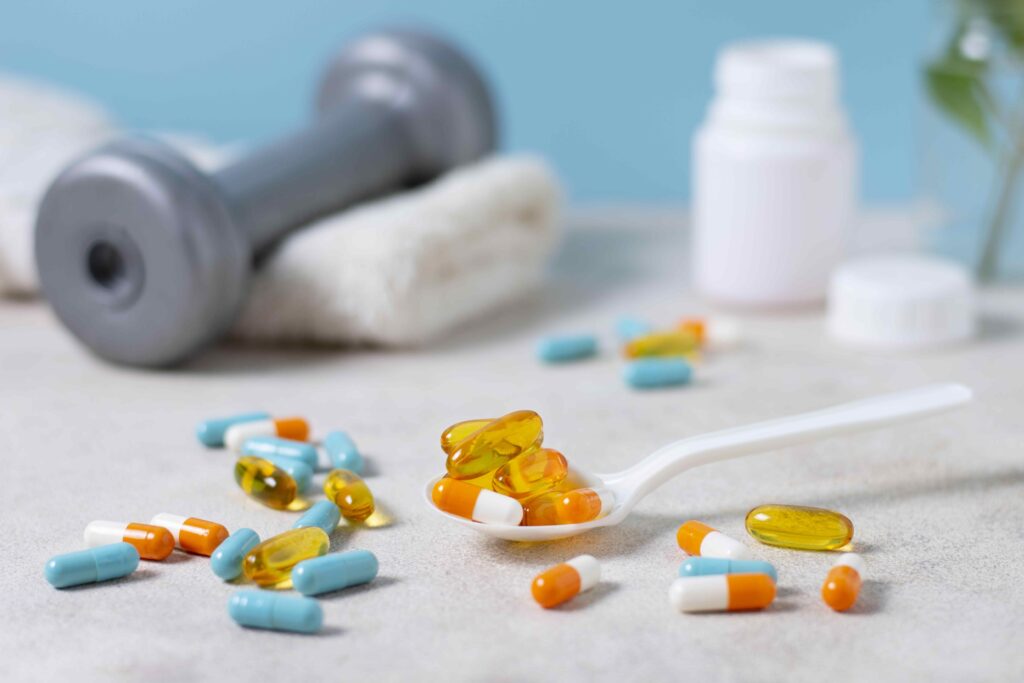
Benefits of NMN Supplements
Boosts NAD+ Levels:
NMN supplementation increases NAD+ levels, which are critical for various biological processes, including energy metabolism, DNA repair, and cellular health.
Anti-Inflammatory Effects:
NMN has been shown to reduce inflammation, which is associated with aging and various age-related diseases.
Improves Insulin Sensitivity:
NMN supplementation has been found to improve insulin secretion and action, which can help manage conditions like diabetes.
Enhances Physical Performance:
NMN has been linked to improved physical performance and energy metabolism in aging populations.
Supports Cardiovascular Health:
NMN supplementation has been associated with improved cardiovascular disease biomarkers, such as arterial stiffness.
Side Effects and Safety
Generally Safe:
NMN supplementation has been found to be safe and well-tolerated in human clinical trials, with no significant adverse effects reported.
Variable Individual Responses:
Individual responses to NMN supplementation can vary, influenced by factors such as genetics, lifestyle, and baseline health status.
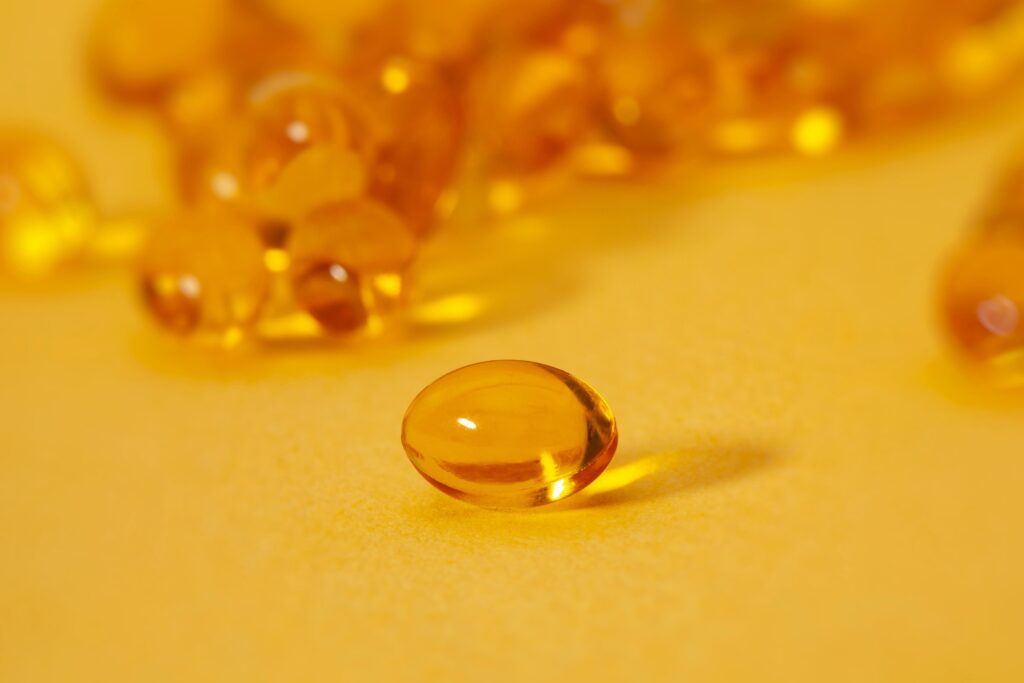
Choosing the Best NMN Supplement
Quality:
Look for brands that manufacture NMN in facilities meeting Good Manufacturing Practice (GMP) standards and undergo third-party assessments for purity and dosage accuracy.
Purity:
Opt for products with at least 98% NMN purity.
Dosage:
Dosages can vary, but typical ranges are 300-900mg per day.
Complementary Compounds:
Some formulations combine NMN with other age-defying compounds, such as Resveratrol, Fisetin, and Spermidine.
Cost and Availability
Expensive:
NMN supplements are generally more expensive than generic vitamins, with prices ranging from $30 to $100 per bottle.
Promotional Offers:
Many brands offer discounts for first-time customers or bulk purchases.
Future Research and Applications
Human Trials:
Ongoing human trials aim to determine the effectiveness of NMN in slowing down aging and improving overall health.
Personalized Approaches:
Future research may focus on tailoring NMN dosages and regimens to individual needs and contexts, considering factors such as genetics and lifestyle.
Overall, NMN supplements have shown promise in animal studies and early human trials, but more research is needed to fully understand their benefits and potential drawbacks in humans.
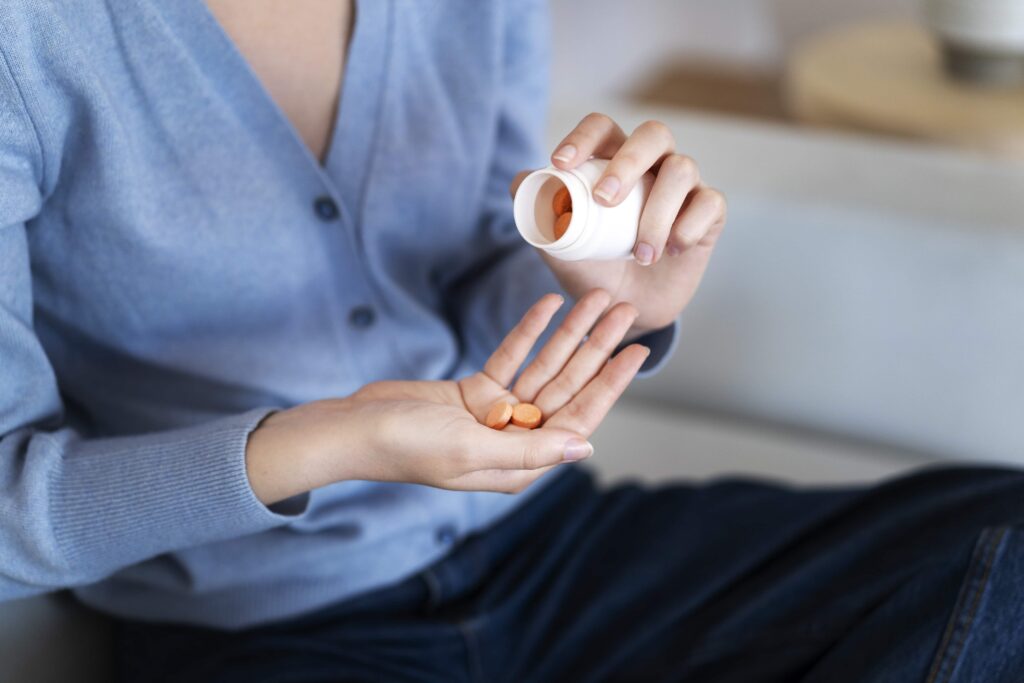
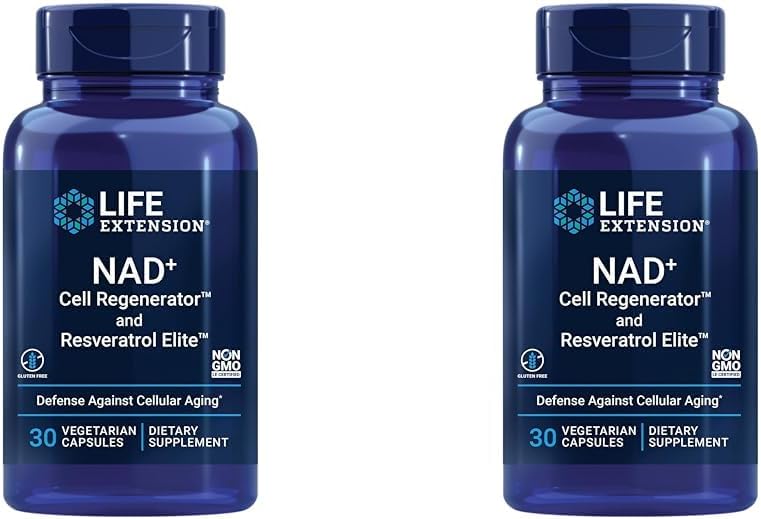
Best NMN Supplements for Anti-aging
NMN (Nicotinamide Mononucleotide) supplements have gained popularity for their potential anti-aging benefits. NMN is converted to NAD+ (Nicotinamide Adenine Dinucleotide) in the body, which is essential for energy metabolism, DNA repair, and cellular health. Here are some of the best NMN supplements available:
Genuine Purity NMN+:
Considered the best NMN supplement on the market by 2024, GenuinePurity NMN+ offers high-quality, pure NMN molecules that stimulate NAD+ synthesis.
Wonderfeel Youngr:
This supplement is known for its strong anti-aging formula and is a popular choice among those seeking to improve their overall health and well-being.
Omre NMN + Resveratrol:
This supplement combines NMN with resveratrol, a powerful antioxidant, to provide enhanced anti-aging benefits.
Cymbiotika NMN:
This supplement contains antioxidants and polyphenols that increase NAD levels, promoting cellular health and energy metabolism.
Tru Niagen:
A well-known brand offering high-quality NMN supplements with a focus on NAD+ synthesis and cellular health.
Elysium:
This supplement is designed to support cellular health and vitality by boosting NAD+ levels.
Liftmode NMN:
This supplement offers a high concentration of pure NMN molecules for optimal NAD+ synthesis.
Alive By Nature Sublingual NMNs:
This supplement is designed for sublingual use and provides quick absorption of NMN.
PartiQlar pure NMN:
This supplement is known for its high-quality, reputable NMN brands that specialize in boosting NAD levels.
Life Extension NAD+ Cell Regenerator:
This supplement is designed to support cellular health and energy metabolism by increasing NAD+ levels.
When choosing the best NMN supplement, consider factors such as purity, brand reputation, third-party lab testing, and customer reviews to ensure you select a product that aligns with your health goals and values.
Best NMN Supplements for Muscle Strengthening
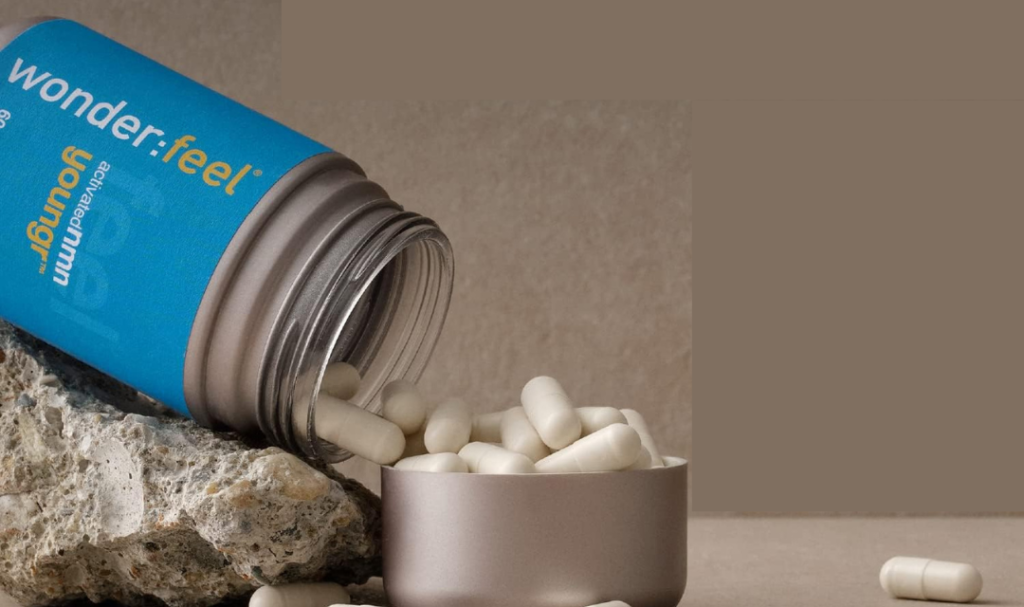
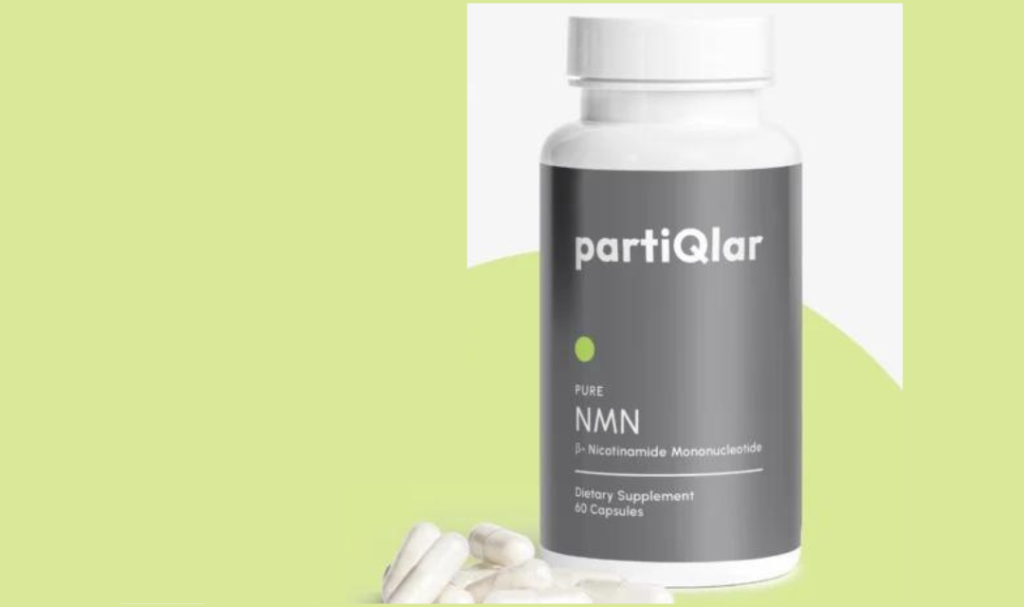
The best NMN supplements for muscle strengthening are those that provide high-quality, pure NMN molecules and are manufactured in facilities that meet Good Manufacturing Practice (GMP) standards. Here are some top-rated NMN supplements for muscle strengthening:
OMRE NMN + Resveratrol:
This supplement combines NMN with resveratrol, a powerful antioxidant that enhances the effects of NMN on muscle function and endurance.
Wonderfeel Youngr:
This supplement is designed to support muscle health and endurance by boosting NAD+ levels, which are essential for energy production and cellular health.
Genuine Purity Liposomal NMN:
This supplement uses liposomal technology to deliver NMN directly to the cells, enhancing its absorption and effectiveness.
PartiQlar Pure NMN:
This supplement offers high-quality, pure NMN molecules that are manufactured in a GMP-certified facility.
Hello100:
This supplement combines NMN with other anti-aging compounds to support overall health and muscle function.
When choosing an NMN supplement for muscle strengthening, ensure that it is manufactured by a reputable brand and contains high-quality, pure NMN molecules. Additionally, consider the dosage and any potential interactions with other supplements or medications.
NMN supplement side effects.



NMN (Nicotinamide Mononucleotide) supplements have been reported to have minimal side effects, especially at dosages up to 1,200mg. Common side effects include:
Mild Nausea:
Some individuals may experience mild nausea when taking NMN supplements.
Stomach Discomfort:
Stomach discomfort or indigestion has been reported in some cases.
Headaches:
Headaches have been mentioned as a potential side effect, although it is not a common occurrence.
Flushing:
Flushing, which is a common side effect of NAD-boosting supplements, has not been specifically reported for NMN supplements.
It is essential to note that these side effects are generally mild and temporary, and most people do not experience significant adverse effects. However, it is crucial to consult with a healthcare professional before starting any new supplement, especially if you have any underlying health conditions or concerns.
Key Points
- NMN supplements have been found to be generally safe and well-tolerated in human studies.
- Side effects are typically mild and temporary, with no significant toxicity reported.
- Dosages up to 1,200mg have been used in clinical trials without significant adverse effects.
- Consult a healthcare professional before starting NMN supplements, especially if you have any health concerns or allergies.
- NMN supplements are available under various brands, such as Tru Niagen and Elysium Basis.
NMN Supplement dosage Guidelines
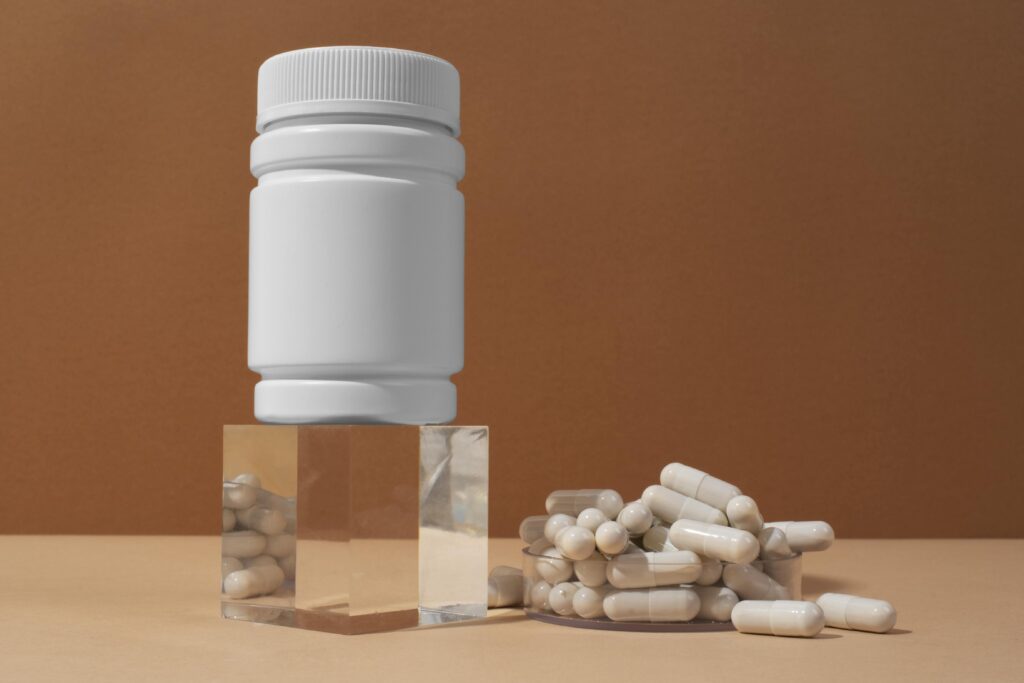
NMN (Nicotinamide Mononucleotide) supplement dosage guidelines vary based on age and individual response. Here are some general guidelines:
Recommended Doses by Age
Under 35 years old:
Start with 250 mg daily and increase to 500 mg after 1-2 weeks if needed.
35 years old or older:
Start with 500 mg daily and increase to 1,000 mg after 1-2 weeks if needed.
Dosage Considerations
Individual Response:
Adjust the dosage based on how you feel while taking the supplement. If you feel better on a lower dose, stick with that.
Combination with Other Ingredients:
NMN can be combined with other anti-aging compounds like Resveratrol for enhanced effects.
Liposomal Formulation:
Liposomal NMN may provide better absorption and bioavailability.
Higher Doses:
Higher doses up to 1,200 mg have been used in clinical trials without significant adverse effects.
Important Notes
Consult a Healthcare Professional:
Before starting any new supplement, consult with a healthcare professional, especially if you have any health concerns or allergies.
NMN as a Potential Drug:
NMN is currently under investigation as a potential new drug by the FDA, which may affect its availability as a dietary supplement.
Product Quality:
Ensure the product is manufactured in a GMP-certified facility and has undergone third-party testing for purity and dosage accuracy.
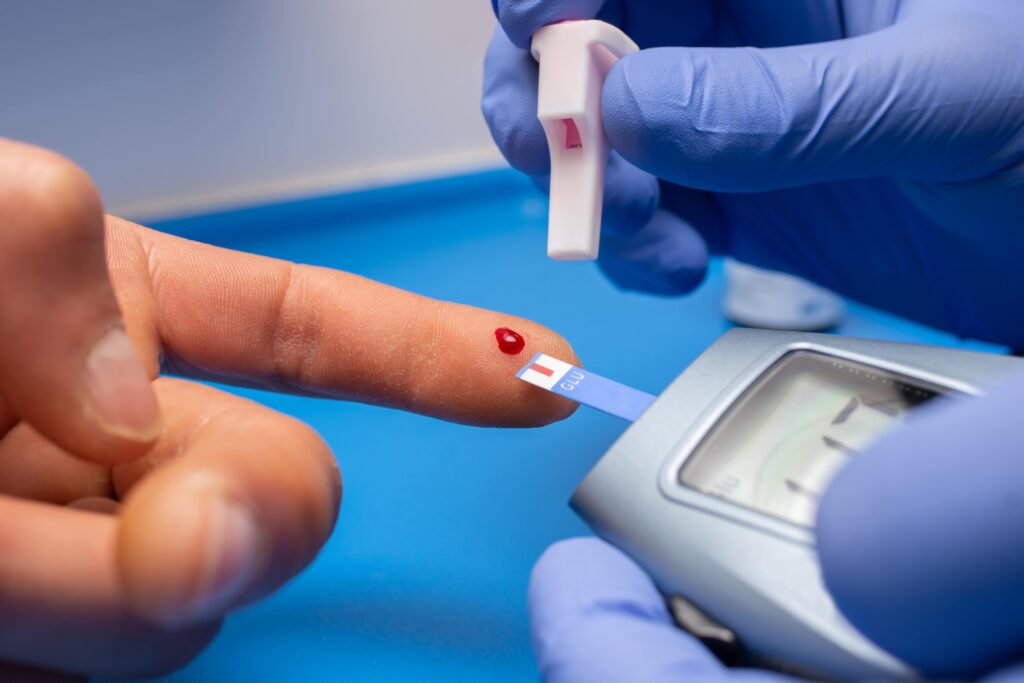

What is an NMN Supplement good for?
NMN (Nicotinamide Mononucleotide) supplements have shown promise in several areas of health and anti-aging:
Boosts NAD+ Levels:
NMN is a precursor to NAD+, a critical coenzyme that declines with age. NMN supplementation can help increase NAD+ levels in the body.
Improves Insulin Sensitivity:
NMN has been found to improve insulin secretion and action, which can help manage conditions like diabetes.
Enhances Physical Performance:
NMN has been linked to improved physical performance and energy metabolism, especially in aging populations.
Supports Cardiovascular Health:
NMN supplementation has been associated with improved cardiovascular disease biomarkers, such as arterial stiffness.
Promotes Mitochondrial Health:
NMN can support mitochondrial function and new mitochondrial synthesis, which is important for cellular energy production.
Improves Muscle Function:
Studies have shown NMN can partly improve muscle strength and performance in healthy older adults.
Supports Skin Health:
NMN supplementation has been found to decrease advanced glycation end products (AGEs) in the skin, which are markers of skin aging.
Overall, the research suggests NMN supplements may provide a range of anti-aging benefits by boosting NAD+ levels and supporting various aspects of health, from metabolism to muscle function. However, more long-term human studies are still needed to fully understand its efficacy and optimal dosing.
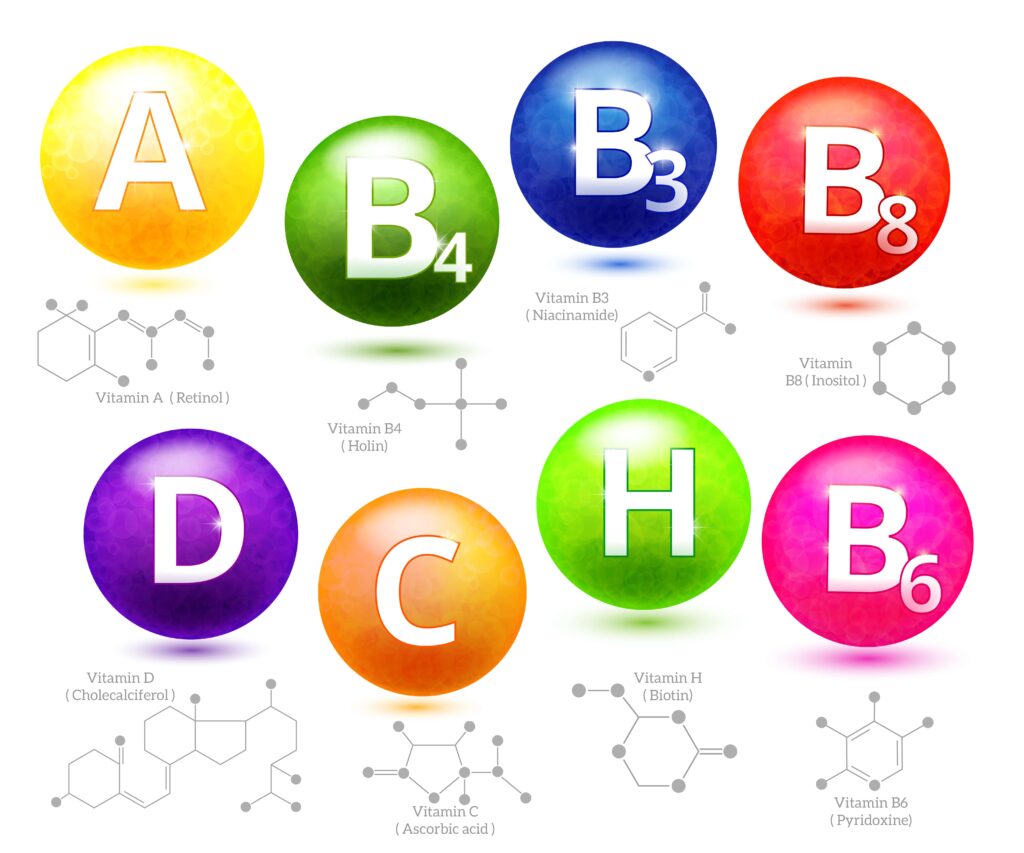

Is NMN just Vitamin B3?
No, NMN (Nicotinamide Mononucleotide) is not just vitamin B3. While both are related to vitamin B3, they have different functions and structures:
NMN is a precursor to NAD+:
NMN is converted to NAD+ in the body, which is essential for energy metabolism and cellular health. Vitamin B3, on the other hand, is involved in various metabolic processes but does not directly contribute to NAD+ synthesis.
Structural differences:
NMN is a nucleotide derivative of vitamin B3, whereas vitamin B3 is a water-soluble vitamin. The structural differences between NMN and vitamin B3 affect their functions and interactions in the body.
Bioavailability:
NMN has been found to have higher bioavailability compared to other forms of vitamin B3, such as niacinamide, which can be more efficiently absorbed and converted to NAD+.
Health benefits:
NMN supplements are often marketed for their potential anti-aging benefits, such as improving insulin sensitivity, reducing inflammation, and enhancing physical performance. Vitamin B3, while essential for various metabolic processes, does not have the same specific health benefits as NMN.
In summary, while NMN and vitamin B3 are related, they are distinct compounds with different functions and structures. NMN is a precursor to NAD+, which is crucial for cellular health, whereas vitamin B3 is involved in various metabolic processes but does not directly contribute to NAD+ synthesis.
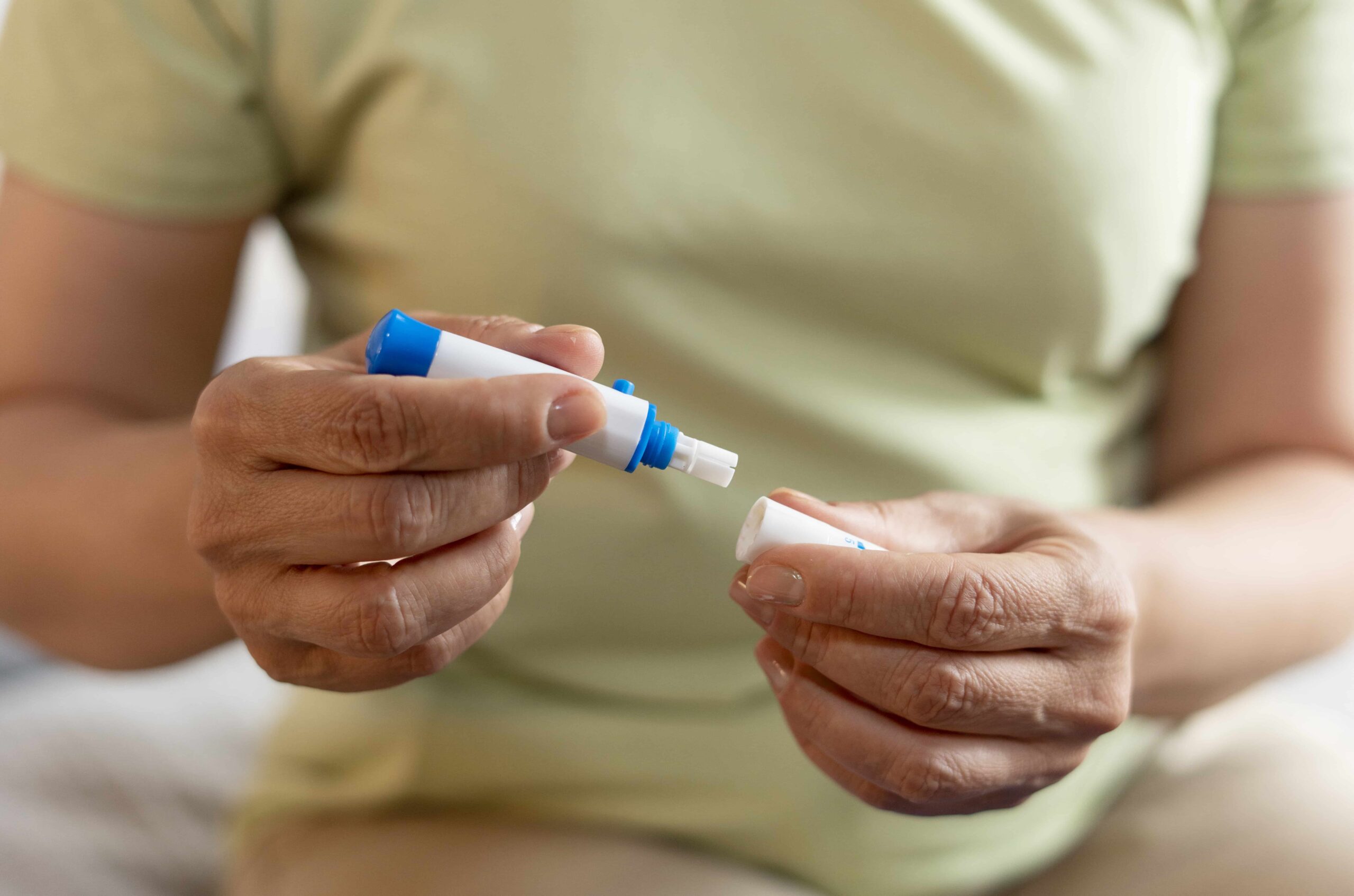

Is it safe to take NMN daily?
NMN (Nicotinamide Mononucleotide) supplements are generally considered safe when taken in recommended doses. Here are some important things to think about:
Recommended Doses:
Under 35 years old:
Start with 250 mg daily and increase to 500 mg after 1-2 weeks if needed.
35 years old or older:
Start with 500 mg daily and increase to 1,000 mg after 1-2 weeks if needed.
Safety Threshold:
Up to 900 mg daily:
This dose has been shown to be safe in human studies.
Higher Doses:
Doses of 1,200 mg daily have been taken for up to 6 weeks and 900 mg daily for up to 8 weeks without adverse effects.
Long-term Safety:
Limited Long-term Studies:
While NMN has been shown to be safe in short-term studies, long-term safety and potential chronic effects are still being researched.
Potential Interactions:
Neurological Health:
NMN’s interactions in neurological health warrant further investigation.
Chronic Inflammation:
Elevating cellular NAD+ levels could potentially exacerbate chronic inflammation by increasing the release of pro-inflammatory cytokines from senescent cells.
Product Quality:
Third-party Testing:
Ensure the product is manufactured in a GMP-certified facility and has undergone third-party testing for purity and dosage accuracy.
Consultation:
Discuss with a Healthcare Professional:
Before starting any new supplement, consult with a healthcare professional, especially if you have any health concerns or allergies.
Overall, NMN supplements are considered safe when taken in recommended doses and from reputable manufacturers. However, it is crucial to monitor your body’s response and adjust the dosage as needed.

Can NMN damage Kidneys?
NMN (Nicotinamide Mononucleotide) supplementation has been associated with both positive and negative effects on kidney health:
Positive Effects
Kidney Function Improvement:
NMN supplementation has been shown to improve kidney function in various mouse models of kidney disease, including glomerulosclerosis and acute kidney injury (AKI).
Podocyte Restoration:
NMN increases the abundance of podocytes, essential cells for kidney waste filtration, in mice with kidney disease.
Sirtuin-1 Activation:
NMN boosts NAD+ levels, which activates the pro-longevity enzyme Sirtuin-1, reducing enzymes associated with kidney tissue damage.
Negative Effects
Inflammation Aggravation:
NMN supplementation has been found to aggravate preexisting inflammatory signaling in the kidneys of aged mice, suggesting that excessive supplemental NMN may lead to kidney damage.
Toxic Catabolites:
NMN-derived catabolites can accumulate in the kidneys and potentially cause harm, especially in aged animals.
Key Points
Dosage and Timing:
The dosage and timing of NMN supplementation can influence its effects on kidney health. Higher doses may be more effective in improving kidney function but may also increase the risk of adverse effects.
Individual Response:
The response to NMN supplementation can vary between individuals, and some people may experience negative effects, such as increased inflammation.
Long-term Safety:
Long-term safety and potential chronic effects of NMN supplementation are still being researched.
In summary, while NMN supplementation has shown promise in improving kidney function and reducing kidney damage in certain mouse models, its effects on human kidney health are still being studied. The potential risks of NMN supplementation, such as inflammation aggravation and toxic catabolite accumulation, must be carefully considered.
Is NMN legal in the UK and USA and other Countries in the world?
NMN (Nicotinamide Mononucleotide) supplements are legal in both the UK and USA, but their availability and regulation vary between countries:
UK
Regulation:
NMN supplements are regulated by the UK’s Medicines and Healthcare products Regulatory Agency (MHRA).
Availability:
NMN supplements are available in the UK from various online retailers and health food stores.
Labeling:
NMN supplements in the UK must comply with EU labeling regulations, which include detailed information on ingredients, dosages, and potential interactions.
USA
Regulation:
NMN supplements are regulated by the US Food and Drug Administration (FDA) under the Dietary Supplement Health and Education Act (DSHEA).
Availability:
NMN supplements are widely available in the USA from various online retailers, health food stores, and pharmacies.
Labeling:
NMN supplements in the USA must comply with FDA labeling regulations, which include detailed information on ingredients, dosages, and potential interactions.
Other Countries
Regulation:
NMN supplements are regulated by local health authorities in other countries, such as the European Medicines Agency (EMA) in the EU.
Availability:
NMN supplements are available in many countries, but their availability and regulation may vary.
Key Points
Labeling and Regulation:
NMN supplements must comply with local labeling and regulatory requirements. UK and USA have regulations in place to ensure the safety and quality of NMN supplements.
Availability:
NMN supplements are widely available in many countries, but their availability and regulation may vary. NMN supplements are widely available in UK and USA, but the selection of products and brands may vary.
Consult a Healthcare Professional:
Before starting any new supplement regimen, consult with a healthcare professional to discuss potential interactions and ensure it is safe for your specific health needs.
In summary, NMN supplements are legal in both the UK and USA, but their availability and regulation differ between countries. It is crucial to ensure compliance with local regulations and consult with a healthcare professional before using any new supplement.

Why is NMN so Expensive?
NMN (Nicotinamide Mononucleotide) supplements are considered expensive due to several factors:
Research and Development:
NMN is a relatively new supplement, and the research and development costs associated with its creation and testing are high.
Manufacturing Process:
The manufacturing process for NMN is complex and requires specialized equipment and facilities, which increases costs.
Purity and Quality Control:
NMN supplements must meet high standards of purity and quality control, which can be time-consuming and costly.
Limited Supply:
The global supply of NMN is limited, which can drive up prices due to demand.
Regulatory Compliance:
NMN supplements must comply with various regulations, such as those related to food and drug safety, which can add to the overall cost.
Marketing and Distribution:
NMN supplements are often marketed and distributed through specialized channels, which can increase costs.
Patent Protection:
Some NMN supplements may be protected by patents, which can limit competition and drive up prices.
High-Demand Products:
NMN supplements are in high demand, particularly among those interested in anti-aging and longevity, which can drive up prices.
These factors contribute to the relatively high cost of NMN supplements compared to other supplements.

Does NMN make you look younger?
NMN (Nicotinamide Mononucleotide) supplements are not directly marketed as a product that makes you look younger. However, NMN is known for its potential anti-aging benefits, which can contribute to a healthier and more youthful appearance. Here are some ways NMN might help:
Improved Skin Health:
NMN has been shown to reduce advanced glycation end products (AGEs) in the skin, which can contribute to a more youthful appearance.
Enhanced Cellular Health:
NMN supports cellular health by increasing NAD+ levels, which can help maintain healthy cellular function and reduce the signs of aging.
Increased Energy:
NMN can help improve energy levels, which can contribute to a more vibrant and youthful appearance.
Reduced Inflammation:
NMN has anti-inflammatory properties, which can help reduce the appearance of fine lines and wrinkles.
While NMN supplements are not a direct solution for looking younger, they can contribute to a healthier and more youthful appearance by addressing various aspects of aging.


Can you get NMN naturally?
Yes, NMN (Nicotinamide Mononucleotide) can be found naturally in certain foods and supplements. Here are some sources of NMN:
Food Sources
Cow’s Milk:
Small amounts of NMN are found in cow’s milk.
Cucumbers:
NMN is present in cucumbers, although the exact amount is unclear.
Edamame:
Edamame,a type of soybean, contains small amounts of NMN.
Supplements
- NMN Supplements: NMN supplements are available in various forms, including capsules, tablets, and powders. These supplements typically contain a standardized amount of NMN, which can vary depending on the brand and product
- NAD+ Boosters: Some supplements specifically designed to boost NAD+ levels may contain NMN as an active ingredient
Natural Sources
- Fermented Foods: Fermented foods like kimchi, sauerkraut, and kefir contain NMN-producing bacteria, which can help increase NAD+ levels
Key Points
- Limited Natural Sources: NMN is found in limited amounts in natural sources, making supplements a more convenient and reliable option for those seeking to increase NAD+ levels.
- Supplement Quality: Ensure that any NMN supplement you choose is from a reputable manufacturer and follows good manufacturing practices (GMPs) to ensure quality and purity.
- Consult a Healthcare Professional: Before starting any new supplement regimen, consult with a healthcare professional to discuss potential interactions and ensure it is safe for your specific health needs.
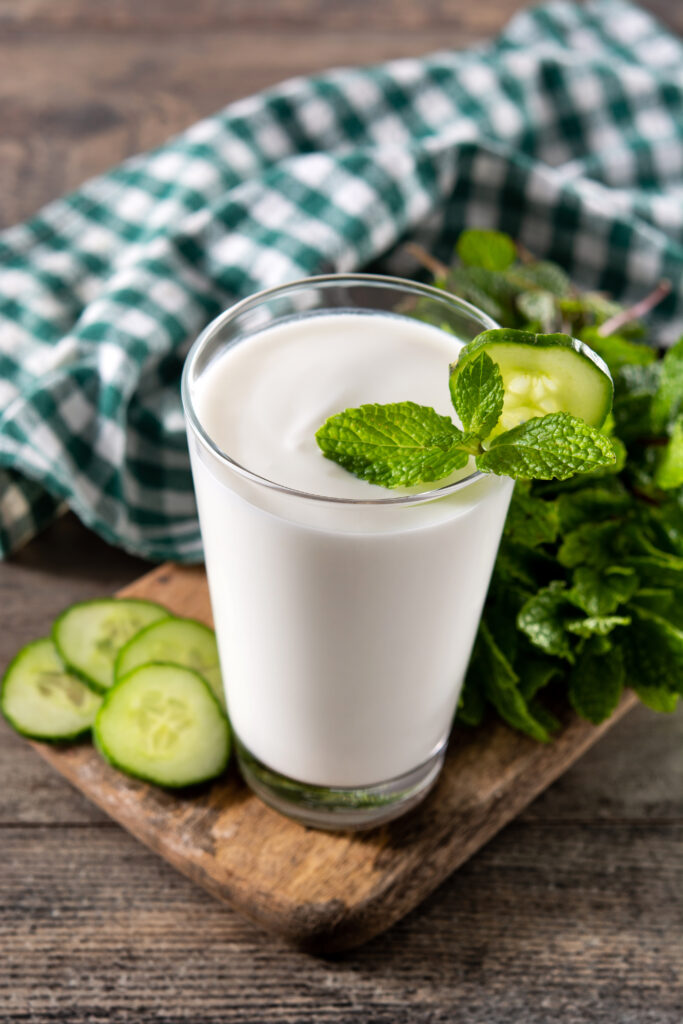
What food is highest in NMN?
NMN (Nicotinamide Mononucleotide) is not typically found in significant amounts in food. However, some foods do contain small amounts of NMN or its precursors. Here are some examples:
- Cow’s Milk: NMN is found in small amounts in cow’s milk, with a concentration of about 0.5-1.5 μg/mL
- Cucumbers: Cucumbers contain a small amount of NMN, with a concentration of about 0.1-0.3 μg/g
- Edamame: Edamame, a type of soybean, contains a small amount of NMN, with a concentration of about 0.1-0.3 μg/g
These amounts are relatively small compared to the amounts found in supplements. If you are looking to increase your NMN intake, it is recommended to consider supplements or other dietary sources.
What happens when you stop taking NMN?
When you stop taking NMN (Nicotinamide Mononucleotide) supplements, the effects can vary depending on how long you have been taking them and your individual response:
Decline in NAD+ Levels:
- NMN is a precursor to NAD+, a critical coenzyme that declines with age.
- When you stop taking NMN supplements, your NAD+ levels will gradually decline back to your baseline levels before supplementation.
- This means that the benefits you experienced from elevated NAD+ levels, such as improved energy, metabolism, and cellular function, will start to diminish.
Gradual Reversal of Improvements:
- If you have been taking NMN supplements for an extended period and experienced improvements in areas like insulin sensitivity, physical performance, or cognitive function, these benefits will likely start to reverse gradually after you stop taking the supplements.
- The rate at which these improvements decline will depend on factors like your age, overall health, and the duration of NMN supplementation.
Potential Withdrawal Effects:
- In some cases, abruptly stopping NMN supplementation after prolonged use may lead to withdrawal-like symptoms, such as fatigue, irritability, or mood changes.
- These effects are typically mild and temporary, as your body adjusts to the reduced NAD+ levels.
Individual Variability:
- The impact of stopping NMN supplementation can vary significantly between individuals based on factors like age, baseline NAD+ levels, and the duration and dosage of NMN supplementation.
- Some people may experience more pronounced effects, while others may not notice significant changes.
It’s important to note that the long-term effects of chronic NMN supplementation and its withdrawal are still being studied. If you plan to stop taking NMN supplements, it’s recommended to do so gradually and under the guidance of a healthcare professional, especially if you have been taking them for an extended period.
Withdrawal symptoms from NMN supplements
NMN (Nicotinamide Mononucleotide) supplements are generally considered safe and well-tolerated. However, there have been some reports of withdrawal symptoms when stopping NMN supplementation. These symptoms are typically mild and temporary, but they can vary in severity and duration depending on individual factors.


Common Withdrawal Symptoms
- Fatigue: Some individuals may experience fatigue or lethargy when stopping NMN supplementation, which can be attributed to the sudden drop in NAD+ levels.
- Mood Changes: NMN supplementation has been linked to improved mood and cognitive function. Stopping NMN may lead to a temporary decline in mood or increased irritability.
- Sleep Disturbances: NMN has been found to improve sleep quality in some studies. Stopping NMN supplementation may lead to temporary sleep disturbances or insomnia.
- Digestive Issues: NMN supplementation can cause mild gastrointestinal side effects like nausea or stomach discomfort. Stopping NMN may lead to temporary digestive issues.
Factors Influencing Withdrawal Symptoms
- Duration of Supplementation: The longer you have been taking NMN supplements, the more pronounced the withdrawal symptoms may be.
- Dosage and Frequency: Higher doses or more frequent supplementation may lead to more severe withdrawal symptoms.
- Individual Response: People may respond differently to NMN supplementation and withdrawal. Factors like age, health status, and genetic predisposition can influence the severity and duration of withdrawal symptoms.
- Other Supplements or Medications: Interactions with other supplements or medications can affect the severity of withdrawal symptoms.
Managing Withdrawal Symptoms
- Gradual Dose Reduction: To minimize withdrawal symptoms, it is recommended to gradually reduce the dosage of NMN supplements over a period of several days or weeks.
- Consult a Healthcare Professional: If you are experiencing severe or persistent withdrawal symptoms, consult a healthcare professional for guidance and support.
- Maintain a Healthy Lifestyle: Continue to follow a healthy diet, exercise regularly, and manage stress to help mitigate any withdrawal symptoms.
In summary, while NMN supplements are generally safe, there can be mild and temporary withdrawal symptoms when stopping supplementation. These symptoms can be managed by gradual dose reduction and maintaining a healthy lifestyle.
Contact Us for any Question related to this Article.
FAQs Frequently Asked Questions
What is NMN supplement?
NMN is a dietary supplement that has gained popularity for its potential anti-aging benefits. It is a naturally occurring form of Vitamin B3 that is converted to NAD+ (Nicotinamide Adenine Dinucleotide) in the body. NMN supplements aim to increase NAD+ levels, which decline with age.
What are the best NMN supplements for anti-aging?
Some of the best NMN supplements for anti-aging include GenuinePurity NMN+, Wonderfeel Youngr, Omre NMN + Resveratrol, Cymbiotika NMN, Tru Niagen, Elysium, Liftmode NMN, Alive By Nature Sublingual NMNs, PartiQlar pure NMN, and Life Extension NAD+ Cell Regenerator.
What are the best NMN supplements for muscle strengthening?
The top NMN supplements for muscle strengthening are OMRE NMN + Resveratrol, Wonderfeel Youngr, Genuine Purity Liposomal NMN, PartiQlar Pure NMN, and Hello100.
What are the side effects of NMN supplements?
Common side effects of NMN supplements include mild nausea, stomach discomfort, and headaches. These side effects are generally mild and temporary, and most people do not experience significant adverse effects.
What is the recommended dosage for NMN supplements?
The recommended dosage for NMN supplements varies by age:
- Under 35 years old: Start with 250 mg daily and increase to 500 mg after 1-2 weeks if needed.
- 35 years old or older: Start with 500 mg daily and increase to 1,000 mg after 1-2 weeks if needed.
What are NMN supplements good for?
NMN supplements have been shown to:
- Boost NAD+ levels
- Improve insulin sensitivity
- Enhance physical performance
- Support cardiovascular health
- Promote mitochondrial health
- Improve muscle function
- Support skin health
Is NMN just vitamin B3?
No, NMN is not just vitamin B3. While they are related, NMN is a precursor to NAD+, which has specific health benefits, whereas vitamin B3 is involved in various metabolic processes.
Is it safe to take NMN daily?
NMN supplements are generally considered safe when taken in recommended doses, up to 900 mg daily. However, long-term safety and potential chronic effects are still being researched.
Can NMN damage kidneys?
NMN has been associated with both positive and negative effects on kidney health. While it can improve kidney function in some cases, excessive NMN supplementation may also aggravate preexisting kidney inflammation.
Is NMN legal in the UK and USA?
Yes, NMN supplements are legal in both the UK and USA, but they are regulated differently. In the UK, they are regulated by the MHRA, while in the USA, they are regulated by the FDA under the DSHEA.
Why is NMN so expensive?
NMN supplements are considered expensive due to factors like research and development costs, complex manufacturing processes, limited supply, regulatory compliance, and high demand.
Does NMN make you look younger?
NMN supplements do not directly make you look younger, but they can contribute to a healthier and more youthful appearance by improving skin health, cellular function, energy levels, and reducing inflammation.
Can you get NMN naturally?
Yes, NMN can be found naturally in small amounts in some foods like cow’s milk, cucumbers, and edamame. However, supplements are a more reliable and convenient source of NMN.
What food is highest in NMN?
Cow’s milk contains the highest natural levels of NMN, with a concentration of about 0.5-1.5 μg/mL. Other foods like cucumbers and edamame contain much lower amounts of NMN.
What happens when you stop taking NMN?
When you stop taking NMN supplements, your NAD+ levels will gradually decline, and the benefits you experienced, such as improved energy, metabolism, and cellular function, will start to diminish. Some people may also experience mild withdrawal symptoms like fatigue, mood changes, and sleep disturbances.
